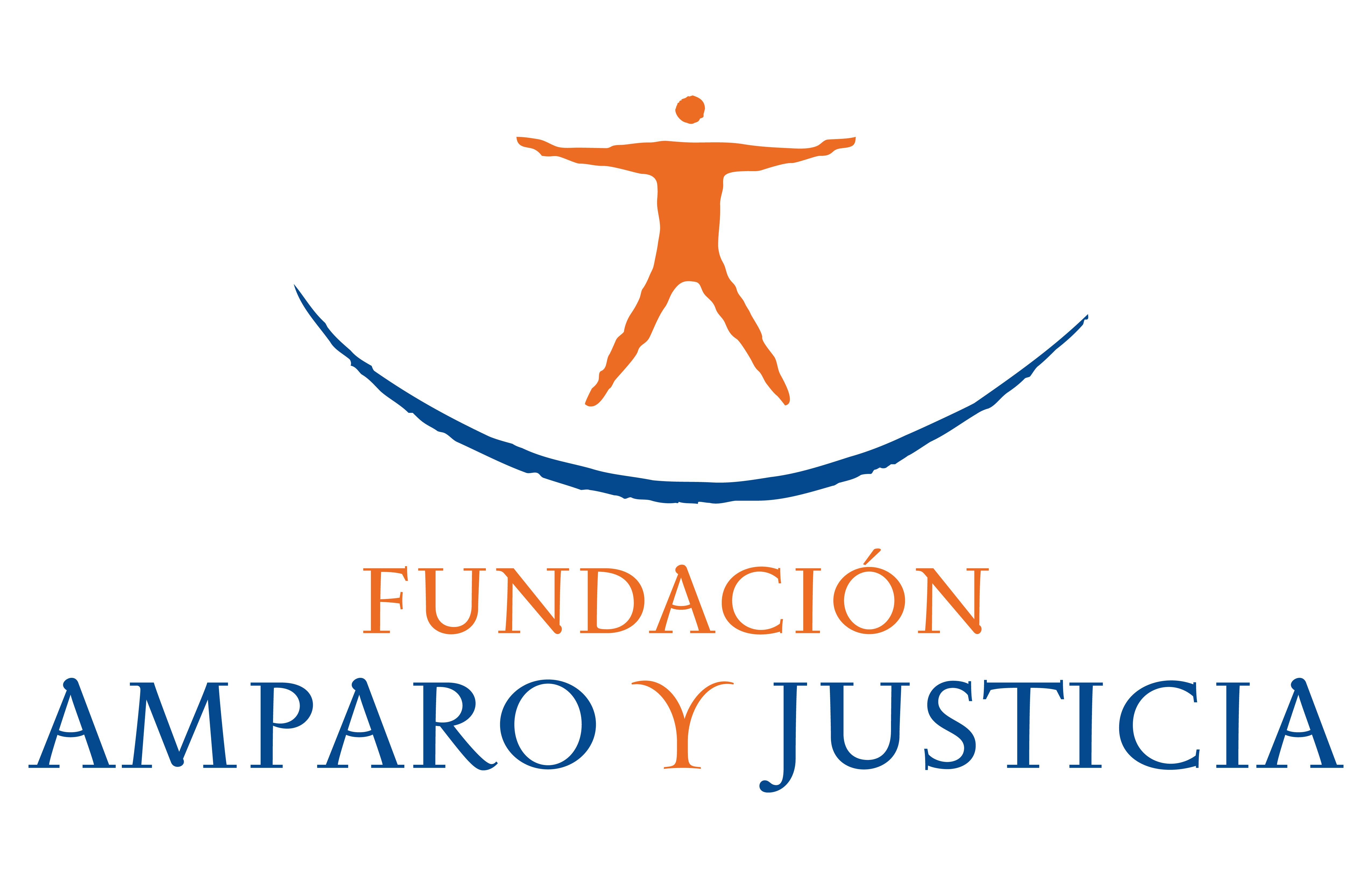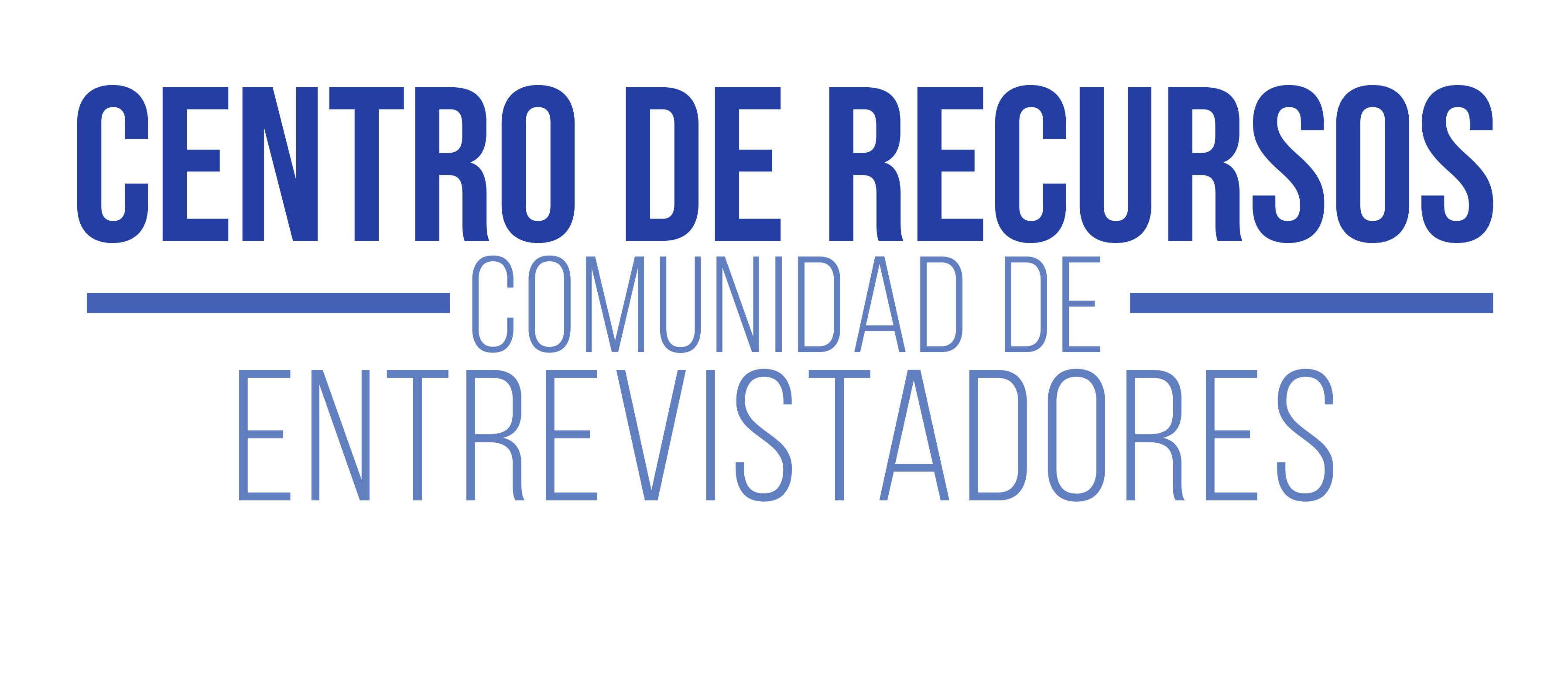Since May 2017, the Training Area of the Fundación Amparo y Justicia has been working on the development of a training plan in collaboration with institutions such as the Judiciary, the Public Ministry, the Ministry of the Interior and Public Security, Carabineros de Chile, and the Investigative Police. This plan was conceived to train interviewers/intermediaries and instructors within these institutions.
For the design and implementation of training plans for instructors and interviewers, various resources have been used. With the aim of organizing and structuring the work done, this report systematizes the experience developed by the Foundation in the training of instructors in Videotaped Investigative Interviews and Intermediation in Judicial Testimonies during the period 2017-2022. The focus is on identifying successes, challenges, and lessons learned from this experience to effectively design and implement such training programs, as well as for the continuous improvement of the Foundation’s work and the institutions within the Criminal Justice System on this and other matters.
The methodology of this research was qualitative, in which, on the one hand, documents related to the design, implementation, and evaluation of instructor training were reviewed and analyzed; and, on the other hand, semi-structured interviews were conducted with key actors involved in the design, implementation, and evaluation of the instructor training, as well as with instructors who graduated from the program from different generations. Among the main findings, the importance of a public-private partnership to drive the integration of institutions such as Carabineros and the Investigative Police is highlighted, the role the Foundation played in the absence of a legal framework to establish the role of the instructor, and the identification of various aspects to improve, such as the continuous training of the instructor, their burnout, and their recognition within the institution.

